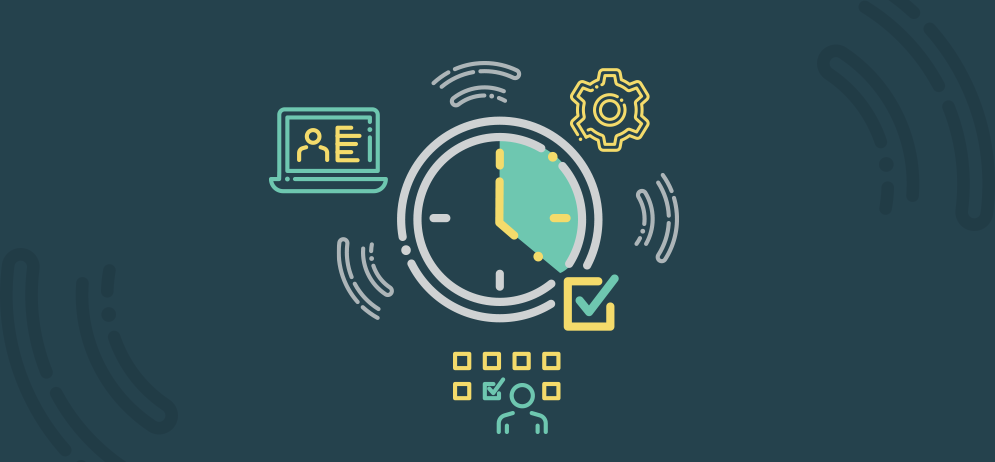Manual time tracking methods are prone to payroll errors; they’re an inefficient use of time and paper; and they make reporting on trends and proving compliance unnecessarily difficult. And yet, a surprising number of school districts still use paper time records to capture employee time.
This could be due to a number of factors: restrictive budgets, resistance to change, complicated reporting processes for groups of employees with variable schedules. Fortunately, technology has adapted to overcome most of these obstacles.
By going digital with time tracking, districts can easily report on variable schedules, overtime, comp time, holiday pay, employees who work in different locations and leave time accrued. What does this really mean? More accurate pay for district employees and increased FSLA compliance for the school district as an employer!
“The amount of time that our supervisors now have to spend approving timesheets is minimal compared to what it used to be, and that alone would have been reason enough to go with the system.”
How can going digital with time tracking benefit your district?
Managing paper time sheets can be very time-consuming and subject to error.
Going digital can help:
- Accurate payroll: Districts can ensure employees are paid accurately for the time they’ve worked. Going digital can help avoid errors caused by manually entering employee time, which can be a significant source of frustration for all parties involved.
- Compliance: When it comes to complying with labor laws and regulations like FSLA, ACA or FMLA, it’s critical to know timecards are accurate and complete. With a digital time tracking system, districts can ensure compliance and reduce the risk of penalties or facing legal issues.
- Efficiency: Having the confidence that employee hours and attendance are accurate will allow administrators to focus on more important items or emergency tasks as they pop up.
- Visibility: With a digital time tracking system, school leaders can get real time and historical views of where employees are or have been.
Handpicked content: [White Paper]
Time Tracking and Union Negotiations | How to approach your bargaining unit to implement a time & attendance management system
Read Now
What questions should you ask when looking for a digital time tracking system?
Does it integrate with payroll?
Some of the top reasons to move to a digital time tracking are to save time and reduce errors when running payroll. But if there’s no integration between your time tracking and payroll systems, those benefits can be lost!
Can the system handle multiple bargaining agreements?
It’s critical that a time tracking system can handle the unique needs of your school district — including multiple bargaining units, complex payroll rules and contracted hours. Be sure the system can accommodate a wide range of clock rules, such as differences in rates or rounding of time, and apply the rules to employee time automatically.
How does the software handle employee absences?
Does the software give you the full picture of employee attendance? Is there one place to log-in, making it easier on you and your employees to manage hours and absences? When time tracking software is integrated with attendance, districts can save time running payroll and managing leave accruals or requests.
How exactly does the software assist with compliance?
Consider how the tool will assist in maintaining compliance with government regulations and programs such as ACA or FMLA. Can it classify and track days worked and leave taken? Administrators should be able to quickly identify the number of hours and days employees have worked and alert them when thresholds are about to be met or exceeded.
Handpicked content: [Case Study]
Clocking Out of Timecard Misery | How Grayson County Public Schools found a better way to keep track of employee time, avoid errors, and confidently reclaim time for administrators, teachers, and staff.
Read Now
Ready to streamline employee time tracking with software built specifically for K-12?
Learn about Frontline Time & Attendance
